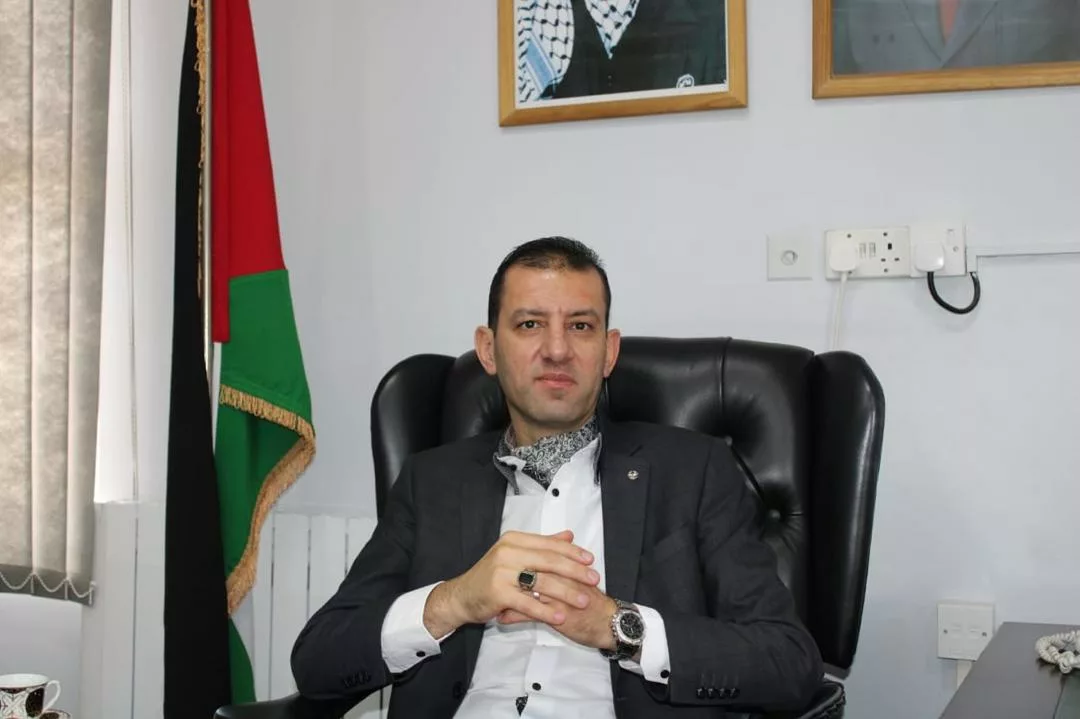By Byron Mutingwende
There is a public outcry over the Proposed Constitutional Amendment Bill that has generated both interest and concern among citizens, civil society, legal and media across the country. This comes in the midst of the government seeking to change the Judiciary Appointment Procedures contained in Section 180 of the Constitution.
“The government proposal has the potential to subvert the much cherished norm of judiciary independence in democratic states. To this extent, the Defending Judiciary Independence Project, that we are running in conjuction with the Public Policy Research Institute of Zimbabwe (PPRIZ) intends to ensure the independence of the Judiciary and that the process of appointing the Chief Justice and Deputy Chief Justice is not subjected to improper influence from the other branches of government, or private or partisan interests,” said Tineyi Mukwewa, the Direct of Abammeli Human Rights Lawyers during a stakeholder consultative meeting held at New Ambassador Hotel from April 25 to 26, 2017.
The background to the Abammeli Project is that, Section 180 of the Constitution provides for procedures of appointing the judiciary which are participatory in nature (Section 180 is contained in the new Constitution which came to force in 2013).
These procedures provide for the involvement of the public in the nomination of the candidates including interviews which are also open to the members of the public. With regards to the appointment of the Chief Justice, the Judiciary Service Commission carries out the interviews and short lists three (3) candidates for final selection by the President. This system without doubt ensures the legitimacy of the members of the judiciary and goes a long way in safeguarding not only the independence and impartiality of the judiciary but gives space to Zimbabweans to participate in shaping the composition of their judiciary. Previously, there were no public nominations and the President appointed the Chief Justice after consultation with the Judicial Services Commission.
“The problem which this Project seeks to attend to is that Government is seeking to amend Section 180 of the Constitution in order to revert to the pre-2013 appointment regime where the President would appoint the Chief Justice after consultation with the Judiciary Service Commission without public involvement. In December 2016, litigation was mounted in the High Court and a Provisional Order was granted interdicting the Judiciary Service Commission from carrying out the processes of appointing a new Chief Justice in accordance with the provisions of Section 180 of the Constitution. The main basis of the litigation, and the resulting order, was that a political process was already underway to amend section 180 of the Constitution,” Mukwewa said.
Consequently, there is a wide public outcry on what is seen as the Executive interference on the judiciary in particular on the appointment of the Chief Justice. Legal experts averred that by granting the interdict, the High Court erred in taking into account an anticipated Constitutional Amendment process whose outcome is not even obvious. They added that the decision was a serious assault on constitutionalism since the clear, unambiguous provisions of the Constitution were ignored and deference given to an executive political process.
The Judiciary Service Commission appealed against the Provisional Order to the Supreme Court of Zimbabwe while Abammeli Human Rights Lawyers applied as intervenors ,Beatrice Mtetwa and the law society applied as Amicus Curae and were granted .The Appeallants were eventually granted relief that they were seeking .The executive has thus continued in its efforts by proposing to Amend section 180 of the Constitution through Amendment number 1.
To that end, there is need for increased awareness of the public on the Provisions of Section 180 of the Constitution, Role of the Judiciary in Zimbabwe, Appointment and the qualification of Judges as they relate to access to Justice.
The Crisis in Zimbabwe Coalition has pledged to facilitate the citizen voice on the appointment of judges to reach Parliament through a Petition; and enhance the voice of the citizens and other stakeholders on the ongoing case at the Supreme Court.
While Abammeli have a legal pedigree and experience in successfully challenging the abuse of power, human rights violations and violations of the constitution through the courts, PPRIZ has earned itself a name through its participatory platforms for effective citizenship, evidence-based advocacy and public policy research.
“It is for these reasons that the we are partnering in this Project to ensure that the proposed Amendment No1. does not violate the constitution and that the people of Zimbabwe are effectively consulted,” said Thulani Mswelanto, the Programme Manager of Crisis in Zimbabwe Coalition (CizC).
CiZC has since petitioned Parliament against the proposed Constitutional Amendment No.1, which seeks to limit the independence of the judiciary and has vowed to do everything in its capacity to protect the system of justice and the rule of law, and thus maintain public trust and confidence in the courts.






